Description
Region: Kerinci valley of Jambi Province, near the border with West Sumatra
Altitude: 1400-1500 masl
Producers: Gunung Tujuh cooperative
Processing: Wet hulled Honey
Arabica Varietals: Sigarar Utang
In the cup: Milk Chocolate, soft winey, berries, toasted walnut, apricot, grape. Sweet and full bodied.
The coffees of Sumatra are typically associated with two main growing areas: one surrounding Lake Tawar (Gayo) in Aceh Province and the other near Lake Toba (Batak) in North Sumatra Province. They share a processing style that has come to define most Indonesian coffees – ‘giling basah’ or wet-hulling – the removal of parchment while still wet and exposed drying of green coffee which results in the distinct cup character. This coffee is a different kind of Sumatra in nearly every regard.
Grown in the Kerinci valley of Jambi Province, near the border with West Sumatra, Gunung Tujuh is a honey processed lot from a newly formed cooperative. The Kerinci Volcano dominates the landscape; its 3800 metre peak is the tallest in Sumatra. The fertile valley beneath is home to massive tea plantations and vegetable gardens and more recently, coffee plantations. Our cooperative partners operate five small washing stations, three solar driers, and have a small lab for cupping.
About Sumatra
The broader Sumatran coffee industry is sophisticated and well established, developed over 20 years by national & international companies all aiming to meet the growing demands of the specialty market. However the industry still has little transparency down the chain from the processor/exporter. North Sumatra, centered on Lake Toba, produces an additional 30,000tons per year and all of the coffee from Aceh & Sumatra is exported from Belawan port in Medan (nth Sumatra).
The first “certified” coffee from the region was in 1992 under the name “Gayo Mountain Organic Coffee”, a government owned mill which was later bought by a European specialty broker in 1997. The second “certified” coffee was Utz Kapeh in 2002 and by 2007 there were 5 certified Utz exporters. Starbucks is now attempting to obtain third party certifications for their external exporters under the C.A.F.E Practices program.
However, there is still little evidence that farmers have direct relationships with buyers and it is not uncommon for coffee to change hands up to 4 times before arriving at the processor/exporter. Some US traders believe that third party certifications will be difficult in the existing disjointed supply chain structure downstream from the consolidator/processor/exporter.
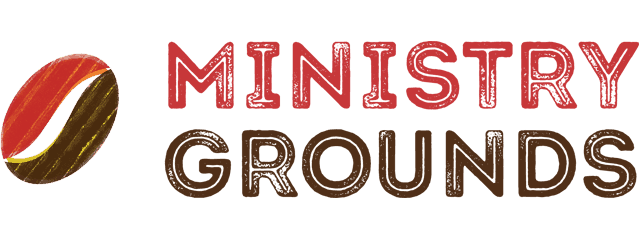
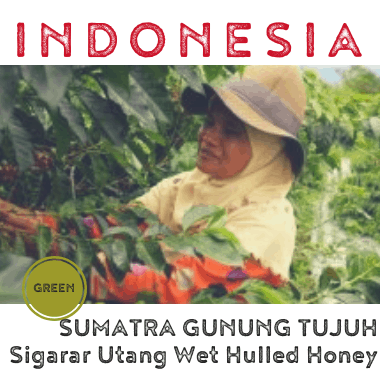
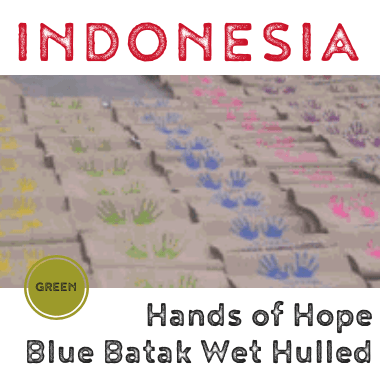
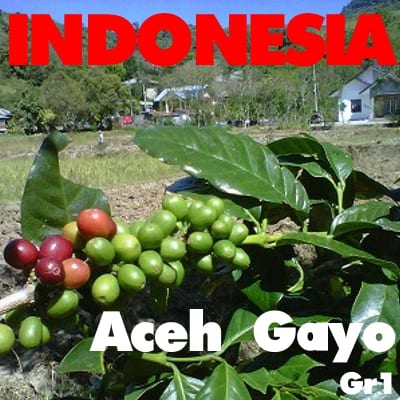
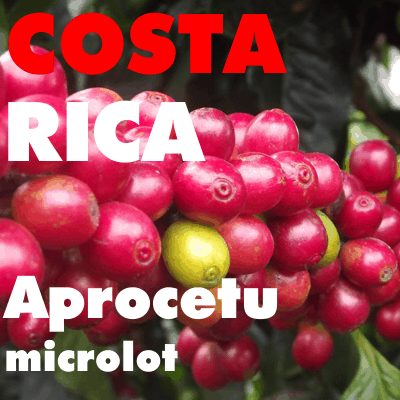
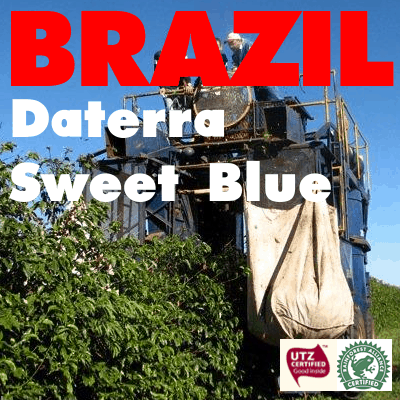
Reviews
There are no reviews yet.